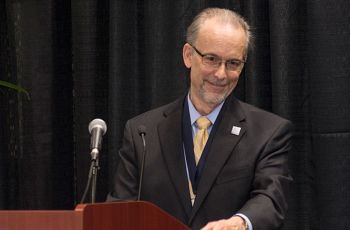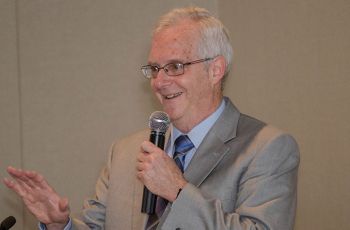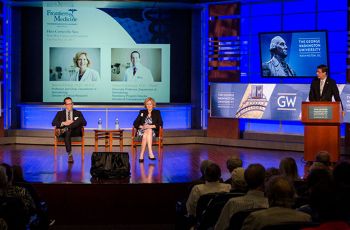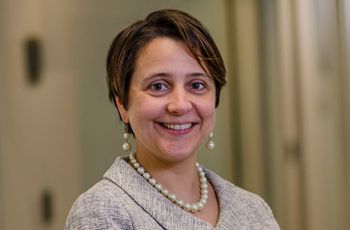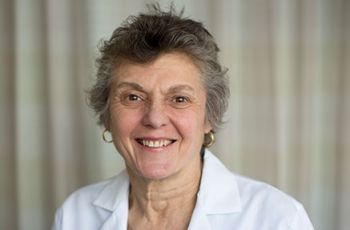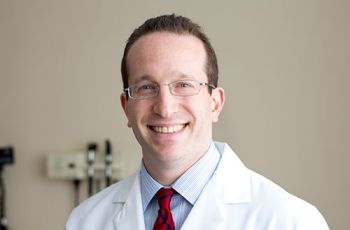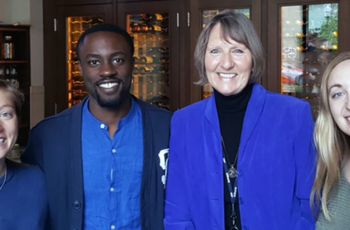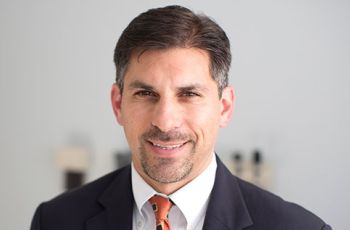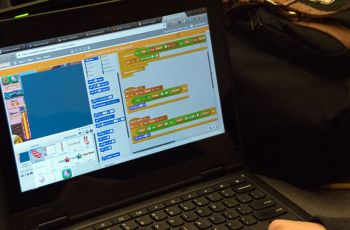News Archive
The senior associate dean for clinical public health was honored in a ceremony June 5.
Shawn Shea, MD, presented his theory at the 23rd Annual Seymour Perlin, M.D., Lecture on Suicidology in May.
How to protect your skin, what products to use to do so, and the ways in which people can reduce signs of aging were featured topics at the most recent Frontiers in Medicine lecture.
Mandi Pratt-Chapman, associate center director for patient-centered initiatives and health equity at the GW Cancer Center, co-authored an article for Conquer about developing a plan for patients in the posttreatment phase of survivorship.
Katalin Roth, MD, associate professor of medicine, was interviewed by The Washington Post for an article discussing the healthy lifestyles that are allowing the centenarian population to live longer.
Raya Elfadel Kheirbek, MD, MPH, associate professor of medicine at the GW School of Medicine and Health Sciences published research in the Journal of the American Geriatrics Society, about the long health and life spans of centenarian veterans.
Adam Friedman, MD, associate professor of dermatology, spoke to The Washington Post for an article discussing the benefits of evening workouts in the summer. The story was also covered by The Straits Times (Singapore).
The GW One Health team was one of three winning teams at the 2016 One Health Day student competition. The team was formed to share the One Health Initiative with the GW community.
Keith Mortman, MD, director of the Division of Thoracic Surgery and associate professor of surgery, was interviewed live by Voice of America for a segment discussing the effects of tobacco use and best methods for quitting.
Qing Zeng, Ph.D., director of the Biomedical Informatics Cencer at SMHS partnered with a class at T.C. WIlliams High School to develop video games that help children to understand and address health problems.
